The generative AI world has a new disruptor: DeepSeek R-1, a Chinese open-source model that rivals OpenAI’s GPT-4 at a fraction of the cost. While viral demos of its coding games like Space Invaders dominate social media, the real story is its seismic impact on legal tech and the global AI race. Could this $6M tool democratize AI for law firms? Let’s dive in.
Why DeepSeek R-1 Is Shaking Up AI Development
DeepSeek’s audacious claim? Matching OpenAI’s performance in coding, math, and reasoning tasks—all trained for under $6 million. Compare that to the billions spent by giants like Google and OpenAI. Even more impressive: DeepSeek pulled this off despite U.S. restrictions on advanced AI chips. Preferring ingenuity to expensive hardware, they’ve proven that innovation thrives under constraints— challenging traditional beliefs about the necessities for AI development.

Two GenAI’s Locked in an Arm Wrestle
The Nvidia Stock Debate: What’s Making Investors Uneasy
DeepSeek’s achievements go beyond technology; they’re transforming the market. Nvidia, whose GPUs power most AI projects, has seen stock volatility as investors question if companies still need premium chips to build competitive models. DeepSeek’s lean approach suggests efficiency trumps raw power, threatening Nvidia’s dominance.
Legal Tech’s Revolution: 3 Ways DeepSeek R-1 Changes the Game
For legal professionals, DeepSeek R-1 isn’t just hype—it’s a potential game-changer. Here’s why:
-
- Democratizing Access to Legal AI
Proprietary tools like contract analysers often come with sky-high licensing fees, shutting out small firms. DeepSeek’s free, open-source model could empower solo practitioners and startups to build custom solutions affordably. - Specialized Legal AI at Scale
Legal work demands precision. DeepSeek’s cost-effective training opens doors for niche models focused on case law analysis, contract drafting, or compliance checks—all without billion-dollar budgets. - The Trust Factor: Risks vs. Rewards
Not everyone will embrace a Chinese-made AI. Concerns about data privacy and geopolitical ties loom large. However, its open-source framework allows developers to audit code and adapt it to meet GDPR or CCPA standards, easing some fears.
- Democratizing Access to Legal AI

The Future of Law: AI-Powered Legal Practice.
Will DeepSeek R-1 Disrupt Legal Tech—Or Fizzle Out?
Early users have noticed some quirks, like overly wordy answers, and it hasn’t yet proven how well it works for legal-specific tasks. However, just having it around pushes legal tech companies to justify premium pricing as open-source tools grow in popularity.
The bigger picture? DeepSeek R-1 accelerates a race toward efficient AI. If rivals replicate its methods, the legal industry could see a flood of low-cost tools, forcing firms to automate routine tasks faster and focus on high-value client work.
Final Thoughts
DeepSeek R-1 isn’t perfect, but it’s a wake-up call: the AI arms race is no longer just about who spends the most. For legal tech, this could mean cheaper tools, broader access, and faster innovation—but only if the industry navigates trust and security hurdles.
What’s your take? Could DeepSeek R-1 redefine legal tech, or will privacy concerns limit its adoption? Share your thoughts below!
All images on this blog are generated by artificial intelligence.



